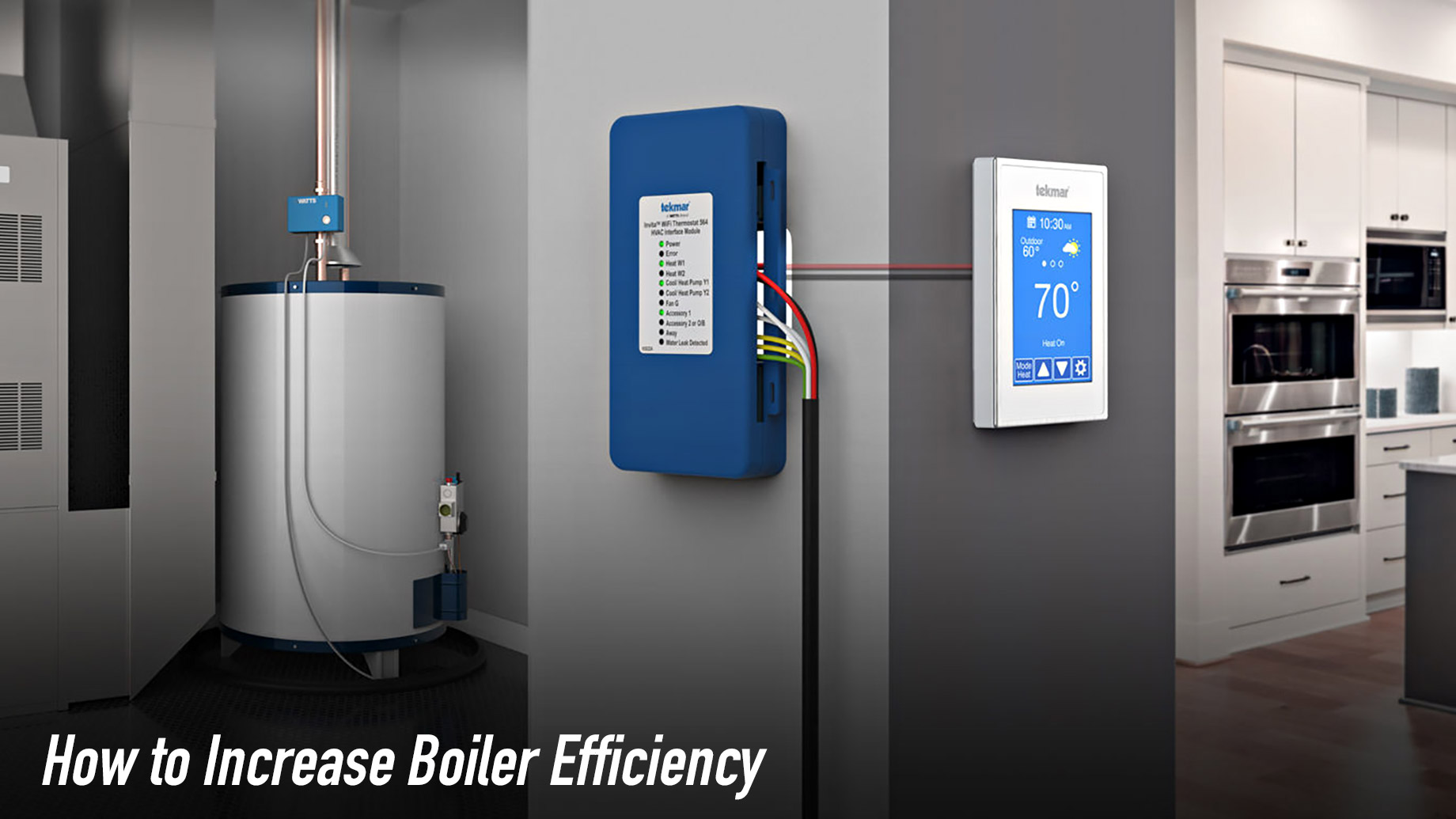
As you all know, fuel is costly, and its price is always on the rise. Energy inefficiency in the boilers is not only due to ageing factors, but also heat losses. Basically, the more inefficient your boilers are, the higher the running fuel costs. Luckily, there are several ways to fight this problem and reclaim the lost heat in the central heating system and lower the facility operational expenses. Below are useful tips that you can incorporate to maximize your boiler efficiency.
Lower the Excess Air
First, the leading cause of energy inefficiency in a boiler comes down to the use of excess air during the burner combustion. If there is excess air than needed during the combustion process, the excess air is heated and then emitted to the environment. All in all, there’re some viable reasons why additional air is needed during the combustion process.
Usually, the excess air is helpful for burner maintenance, air density changes, viscosity variation and fuel composition, and it assists in defective burner fuel-air mixing conditions.
Installing an Economizer
Remember, this is only ideal if there’re inadequate heat transfer surfaces in your boiler. Generally, the economizer tubes either come with circulating feed water or circulating boiler water. Since the temperatures from the exhaust gases can be relatively high, it would be wise to fit the economizer tubes alongside safety valves to lower potential damage due to excess pressure.
Besides, it would help to fit a temperature control on the feed water to lower pump airlock. For you to avoid potential corrosion, you’ll have to come up with a flawless design that ensures that the exhaust flue gas temperature never goes below the dew point.
Improve the Boiler Insulation
Industrial and large commercial boilers have substantial surface areas susceptible to heat loss, particularly when inappropriately insulated. However, you can increase the efficiency of a new boiler by insulating it appropriately.
The commonly used material when it comes to insulating these machines is the refractory material. Thus, if you plan on replacing this refractory material, it would be wise to follow a boiler buying guide to ensure that you are buying the best material. Or you can also consult with experts in an insulation company St. Petersburg FL offers, on which insulation material is best for your broiler.
Reduce Deposits and Scales
For a flawless boiler operation, reducing deposits and scales is a must. Your boiler’s central heating system is at stake. Basically, any deposit or scale will result in a reduced heat transfer that will ultimately result in a decline of the mechanical steel’s strength, overheating and ultimately to bursting. So, if you need your new boilers to last for many years, ensure that you lower the scales and deposits.
Reduce Boiler Pressure
By lowering the pressure on your new boilers, you could significantly lower the heat lost via leakages and transmission. However, remember there could be issues that arise due to reduced pressure. For instance, the boiler circulation may be impacted, while the steam lines may have inadequate flow and capacity to transport the low steam pressure.
Preheat the Combustion Air
First, the burner needs to heat the incoming combustion air using the flame. Secondly, if the air coming to the burner is quite warm, you will need to use little fuel to make a similar amount of steam from the boiler. A mere 40 °F increase in the temperature of the fresh air can save you about 1% in your fuel expenses. So, if you operate large LS1 boilers throughout the day, preheating the combustion air can really make them useful.
Regulate the Blowdown Rate
Usually, blowdown eliminates the impurities such as water hardness, from the boiler and it’s effective in ensuring that the boiler surfaces are clean. Nonetheless, blowdown can also eliminate heat from the LS1 boilers. In ideal situations, water enters into the system cold, it’s then heated up to the boiler’s temperature, and ultimately exists via the blowdown.
Usually, some boiler systems come with constant blowdowns that don’t change regardless of the boiler load. So, for you to regulate the heat transmitted down the drain, the blowdown needs to be restricted only to the necessary amount required to regulate the dissolved solids. All in all, if you follow a detailed boiler buying guide, you’ll learn that for efficiency savings, it would help to use an automatic blowdown valve to regulate the dissolved solids.
Reduce the Steam Usage
When it comes to home improvement, the best way to save on electricity and fuel on your boiler entails lowering the use of steam. Insulating the tanks and piping heated by steam, for instance, can drastically lower the use of steam. With this, you will end up saving fuel. The high-pressure condensate systems can lower fuel use in the boiler and steam used at the deaerator.
Ensuring that your boiler is running efficiently is the first step in home improvement and regulating your monthly fuel expenses. Honestly speaking, having a professional company service maintain and service your boiler, burner, as well as the steam system, often will genuinely help you make sure that the boiler operates as efficiently as possible.